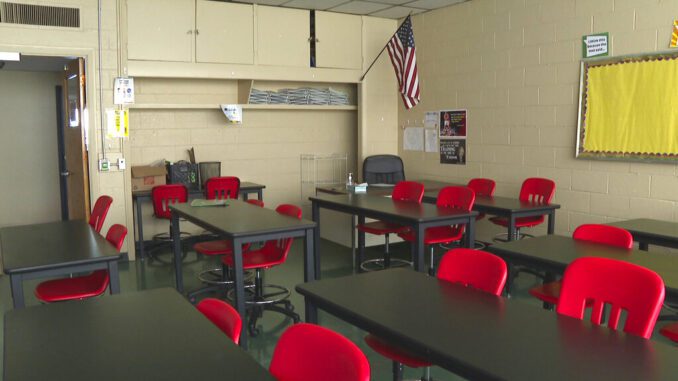
In August 2018, when youths pulled down Silent Sam, the Confederate statue at UNC-Chapel Hill, we can be sure that the vandals knew little of the history that the statue commemorated.
Just look at NAEP scores in U.S. History over the years for a clear record of the abysmal historical understanding young Americans possess. Those fired-up kids may have had lots of righteousness in their bones that night, but the facts of slavery, the War, and the ordinary Confederate soldier lay far from their vision of the memorial desecrated.
They would explain that they joined in because of their abhorrence of white supremacy, which for them is embodied in the Ku Klux Klan, but ask them for a little information about that infamous organization and they would have nothing to say. They don’t know, for instance, that during the heyday of race-based lynching, the 1890s-1900s, it was the GOP that pressed for racial progress, while the Democratic Party backed Jim Crow policies throughout the South and kept blacks out of the voting booth.
The ignorance is not unrelated to the anarchy. Those heated kids were acting in a knowledge vacuum, and the absence of truth is one of the things that made them angry. They wouldn’t like to admit it, and they likely didn’t realize it, but the chaos could only have happened if their heads were empty of concrete facts and experiences, words and values of that faraway era. As I have said to my son when trying to get him to do his homework, “When people are talking about something you know nothing about, it’s not a good feeling.”
Millennials today are in that condition all the time, and so is Generation Z. As I argue in my new book, “The Dumbest Generation Grows Up,” they leave adolescence and enter the world with little knowledge and less understanding of the past. Most of them have no religion and no country — only one-third consider themselves patriots. They don’t read very much on their own either, only seven minutes per day according to the Bureau of Labor Statistics.
It leaves them in a state of rootlessness. They have no foundations, no primary beliefs that transcend their personal circumstances. They spent their adolescence online with one another, building their network, taking pictures and texting and not reading books, going to church, seeking good art and music, and wandering through museums and historic sites. The building blocks of adulthood didn’t form, including the great events, myths and legends, heroes, poems and novels and movies that would have given them a better sense of the meaning of life and the inevitability of disappointment. They thought a big Facebook following would bring happiness — maybe it did at age 18, but it doesn’t work so well at age 28.
Today, Millennials report upticks in anxiety, depression, and narcissism, a trend which started before the pandemic hit. They have lots of job dissatisfaction and they tend to mistrust their fellow citizens. They get married and have kids at much lower rates than Boomers did. And they don’t have the equipment to manage these downturns. They don’t pray, they don’t sacrifice for country or family, they don’t find consolation in literature or music. All they have is their sole selves and their friends, just like the characters in that 1990s TV show aptly named “Friends.”
It’s not enough. Young people are hungry for purpose and meaning; they are thirsty for transcendence. That’s what the Woke movement and its statue-toppling gives them: a moral vision of life. Unless they get a better one, an inspiring and positive alternative to this misguided “justice” outlook, the sour mood that this generation now suffers will continue.
Mark Bauerlein is Emeritus Professor at Emory University. His new book is “The Dumbest Generation Grows Up: From Stupefied Youth to Dangerous Adults.”
